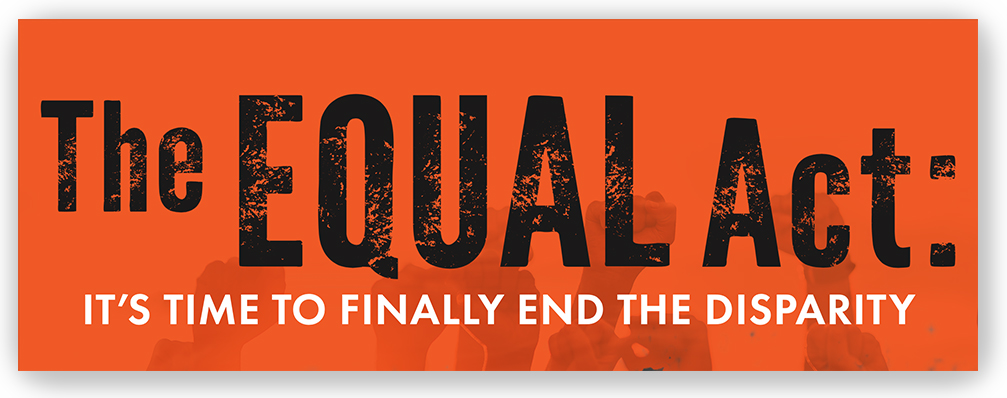We post news and comment on federal criminal justice issues, focused primarily on trial and post-conviction matters, legislative initiatives, and sentencing issues.

DOJ PROPOSES RESCHEDULING MARIJUANA
 If you remember Brewer & Shipley’s 1970 unlikely hit, “One Toke Over the Line” – a song conceived and written in a pot-induced fog – you were probably not there to hear it. The song became so popular that even Lawrence Welk – who reportedly didn’t know what a ‘toke’ was – had his in-house singers cover the hit on his show.
If you remember Brewer & Shipley’s 1970 unlikely hit, “One Toke Over the Line” – a song conceived and written in a pot-induced fog – you were probably not there to hear it. The song became so popular that even Lawrence Welk – who reportedly didn’t know what a ‘toke’ was – had his in-house singers cover the hit on his show.
The Dept of Justice yesterday proposed changing the classification of marijuana from a Schedule I drug–that is, one with no medical use and a high potential for abuse–to a Schedule III substance–one with a moderate to low potential for physical and psychological dependence.
In a document known as a Notice of Proposed Rulemaking (NPRM), the DOJ suggests moving pot from a classification shared with heroin, MDMA and LSD, to one containing medically useful substances like Tylenol with codeine, ketamine, anabolic steroids and testosterone.
 The proposed rule, to be published in the Federal Register, “recognizes the medical uses of cannabis and acknowledges it has less potential for abuse than some of the nation’s most dangerous drugs,” according to the Associated Press. A 60-day public comment period will begin after the NPRM is published, along with a review of the proposed regulatory reforms by a Drug Enforcement Administration administrative law judge. In all likelihood, a final rule will be pushed out by the Administration before the November election.
The proposed rule, to be published in the Federal Register, “recognizes the medical uses of cannabis and acknowledges it has less potential for abuse than some of the nation’s most dangerous drugs,” according to the Associated Press. A 60-day public comment period will begin after the NPRM is published, along with a review of the proposed regulatory reforms by a Drug Enforcement Administration administrative law judge. In all likelihood, a final rule will be pushed out by the Administration before the November election.
The proposal would not legalize marijuana outright for recreational use nor does it directly affect criminal statutes or people serving federal sentences for marijuana cultivation or distribution. Nevertheless, it is likely an incremental step toward making changes in marijuana Sentencing Guidelines and scheduling in the penalties sections of 21 USC 841(b)(1)(A) and (B).
The DOJ proposal comes on the heels of a Dept of Health and Human Services Department review of marijuana scheduling, begun at the urging of President Joe Biden in October 2022.
Biden posted a video on the X (formerly known as Twitter) in which he said the proposal to move pot to Schedule III constitutes “an important move towards reversing longstanding inequities.”
 “Today’s announcement builds on the work we’ve already done to pardon a record number of federal offenses for simple possession of marijuana,” the president said. “Look, folks, no one should be in jail for merely using or possessing marijuana. Period… Far too many lives have been upended because of a failed approach to marijuana and I’m committed to righting those wrongs. You have my word on it.”
“Today’s announcement builds on the work we’ve already done to pardon a record number of federal offenses for simple possession of marijuana,” the president said. “Look, folks, no one should be in jail for merely using or possessing marijuana. Period… Far too many lives have been upended because of a failed approach to marijuana and I’m committed to righting those wrongs. You have my word on it.”
Writing in Reason, C.J. Ciaramella said
On the campaign trail in 2020, Biden promised to ‘decriminalize the use of cannabis,’ but despite lamenting the injustices of marijuana convictions and the barriers they create, and despite the continuing collapse of public support for marijuana prohibition, Biden still opposes full-scale legalization. Instead, his administration has focused on mass pardons and other measures that largely leave those injustices in place… But even getting the DEA to acknowledge that marijuana is not a drug on par with LSD and heroin is a victory of sorts.
While encouraged by the DOJ action, Cynthia W. Roseberry, director of policy and government affairs at the ACLU’s Justice Division, cautioned, “The rescheduling does not end criminal penalties for marijuana or help the people currently serving sentences for marijuana offenses. It is time for the federal government to further reduce prosecution of marijuana and instead put more resources towards investments that help communities thrive.”
Associated Press, Justice Department formally moves to reclassify marijuana as a less dangerous drug in historic shift (May 16, 2024)
Reason, DEA Moves To Reclassify Marijuana as a Schedule III Drug (May 16, 2024)
ACLU, ACLU Applauds President Biden’s Announcement to Reclassify Marijuana, Calls for More Reform (May 16, 2024)
– Thomas L. Root







